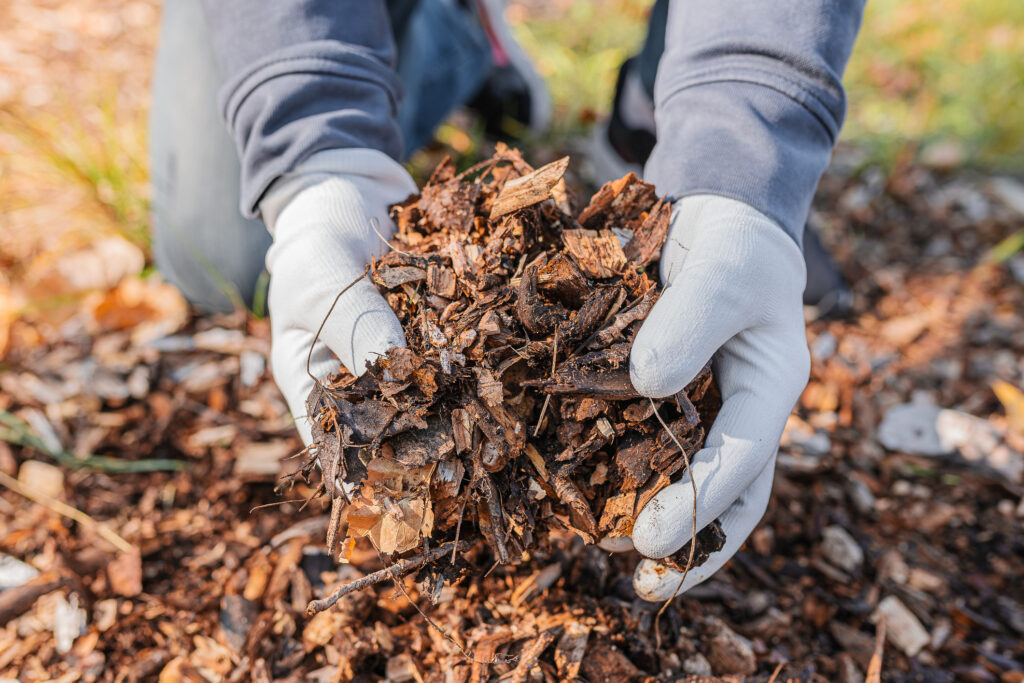
We last covered human body composting legislation in 2021. As we noted then, Washington State was the first state to allow for human body composting. Washington was soon followed by Colorado and Oregon.
In 2024 sessions, legislative initiatives in Arizona, Illinois, and Minnesota, among other states, demonstrate a growing interest and acceptance of human body composting as an alternative to burial or cremation. These efforts aim to legalize the conversion of a human body into soil through natural organic reduction.
Arizona Human Body Composting Bill Passes House
Arizona Republican Laurin Hendrix proposed HB 2081, nicknamed the “Grandpa in the Garden Bill”, to legalize human composting and allow Arizonans to turn themselves into “dirt after death.” The fertile soil derived from human remains could then be used for bedding and growing plants or scattered in nature as many already do with cremated ashes. This state House passed the bill in January of 2024, after which it moved to the Senate for consideration.
Illinois Bill Allowing for Human Body Composting Makes Progress
In Illinois, HB 3158 was introduced in February 2023. The Natural Organic Reduction Regulation Act would allow licensed entities to operate natural organic reduction facilities for human remains. It would outline licensing, procedures, and penalties regulations, providing a legal framework for the practice. It would also require the vessels used for natural organic reduction to be made of stainless steel, leak-proof, promote aerobic reduction, and allow for continuous monitoring of the reduction process. The House passed the bill in March 2023, sending it to the Senate.
Minnesota Bill Introduced for Human Body Composting
In Minnesota, HF 2669 was introduced in March 2023. The bill would permit converting human remains to basic elements using natural organic reduction. This would allow the conversion of human remains to basic elements using natural organic reduction. There would be licensure requirements for natural organic reduction facilities, and licensure fees would be established. This bill was pending and referred to the House Health Finance & Policy Committee.
Latest News
In our latest episode of the Back in Session podcast, we had the pleasure of hosting Pennsylvania State Representative Tim O'Neal. Our conversation covered a range of topics from the recent state budget to election [...]
Photo credit: iStock.com/naturalbox The debate over raw milk legislation has intensified in 2024, with several states introducing or passing bills that address the sale and distribution of unpasteurized dairy products. Raw milk has not undergone [...]
Photo credit: iStock.com/bit245 Over the July Fourth holiday, many Americans will be grilling and barbecuing with their families and friends. A 2020 survey showed that Independence Day is the most popular holiday for grilling. In [...]
Photo credit: iStock.com/AndreyPopov Each September 4, National Newspaper Carrier Day is observed because the first “paperboy” in New York City, Barney Flaherty, was said to have been hired by the New York Sun on September [...]






Stay In Touch